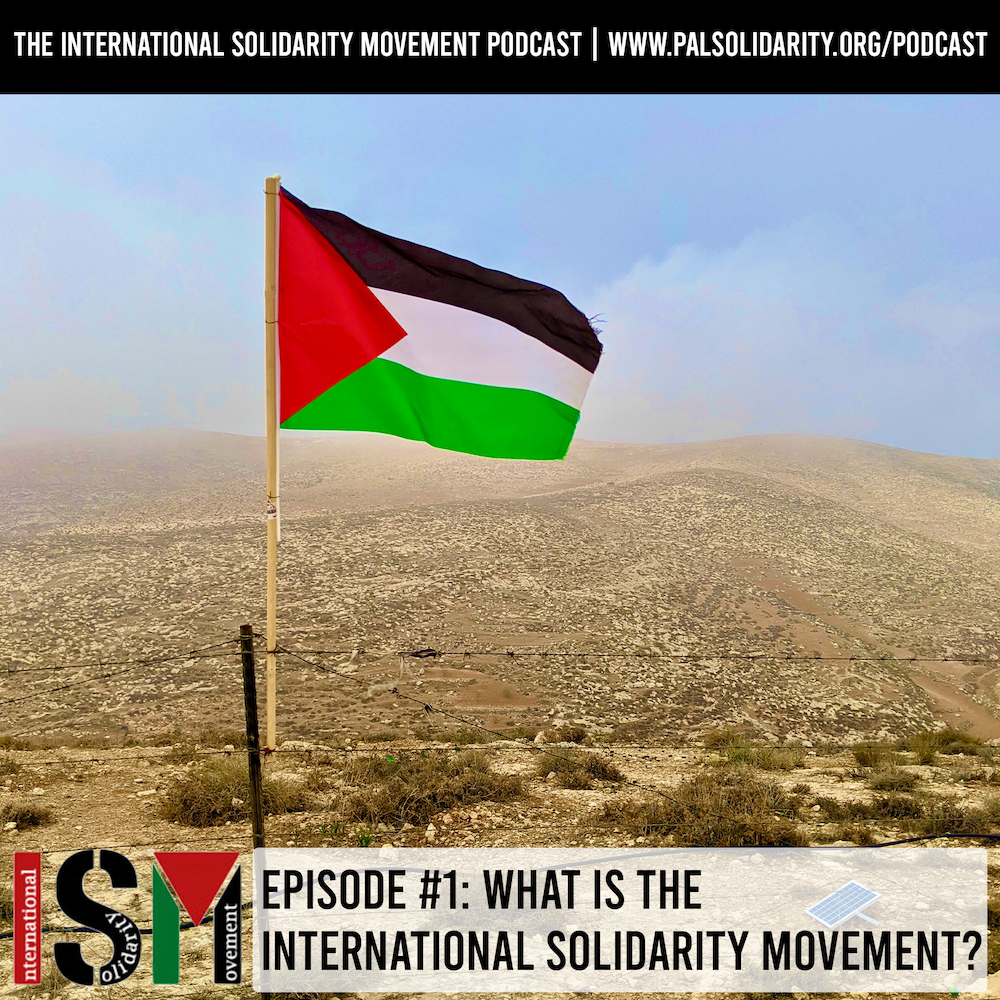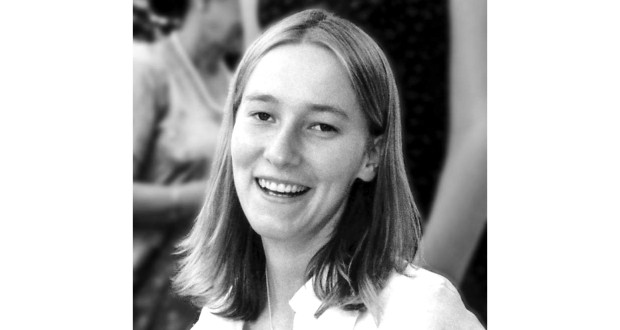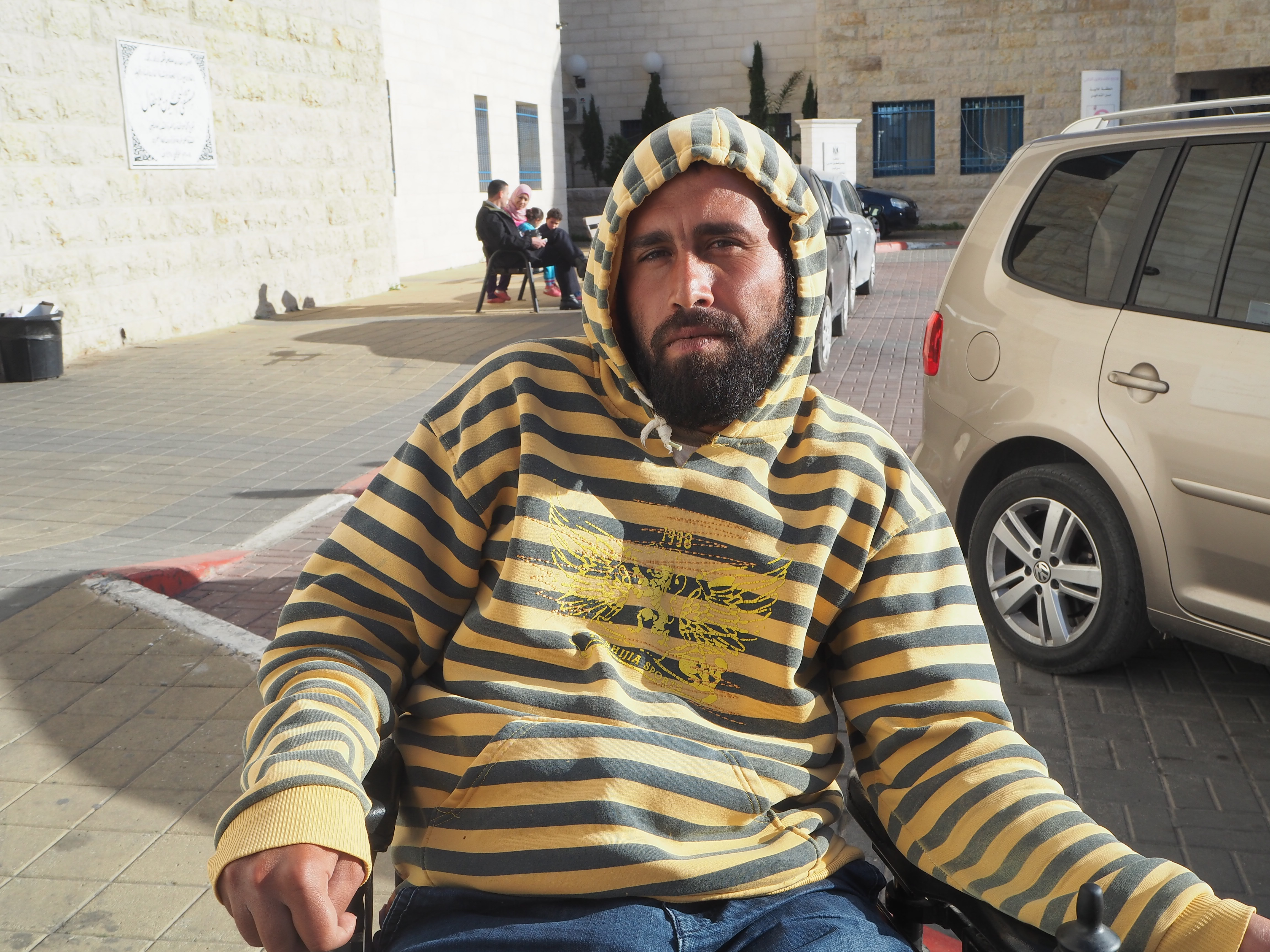Tag: Second intifada
-
The International Solidarity Movement podcast episode one: An introduction to ISM
In this first episode of the International Solidarity Movement podcast, we interview Abdel Karim – who has been with the movement since the early 2000s. The ISM is a grassroots Palestinian-led organisation, with principles of non-violence , non-hierarchy, and anti oppression. It makes all of its decisions by consensus. Over the last 20 years it…
-
The 13th anniversary of Rachel Corrie’s death
15th March 2016 | International Solidarity Movement, al-Khalil team | Gaza, occupied Palestine Today marks the thirteenth anniversary since the passing of fellow ISM activist Rachel Corrie (April 10, 1979 – March 16, 2003). Rachel was tragically crushed to death under the front blade of an Israeli military, American funded, Caterpillar D9R bulldozer near Rafah, in the…
-
Rani Burnat from Bil’in
15th March 2016 | International Solidarity Movement, al-Khalil team | Bil’in, occupied Palestine Rani Burnat is an extraordinary human being in more ways than one. He was left paralysed from an injury sustained during the second intifada, learned to live the remainder of his life in a wheelchair, fathered three children (triplets) and now continues…



